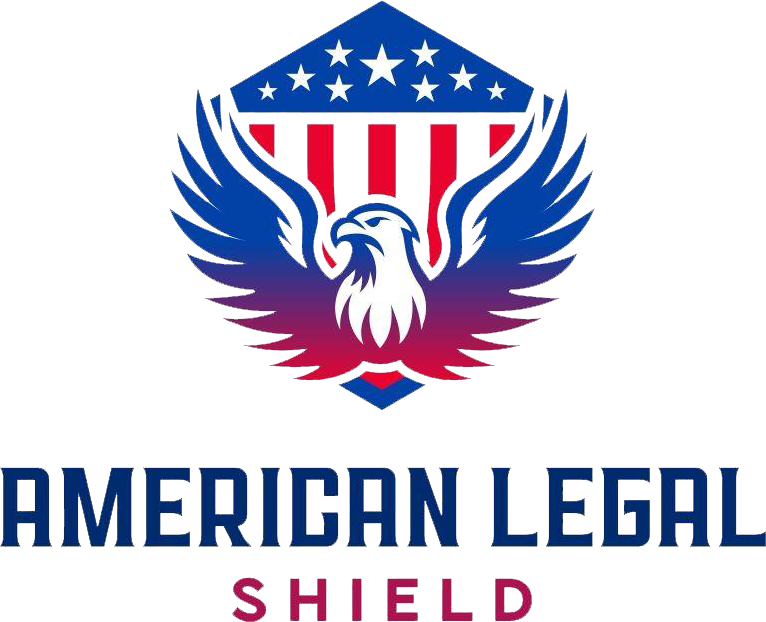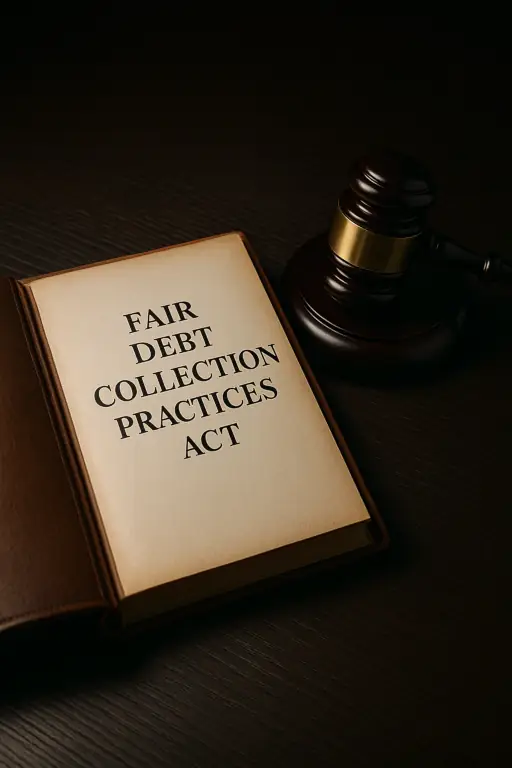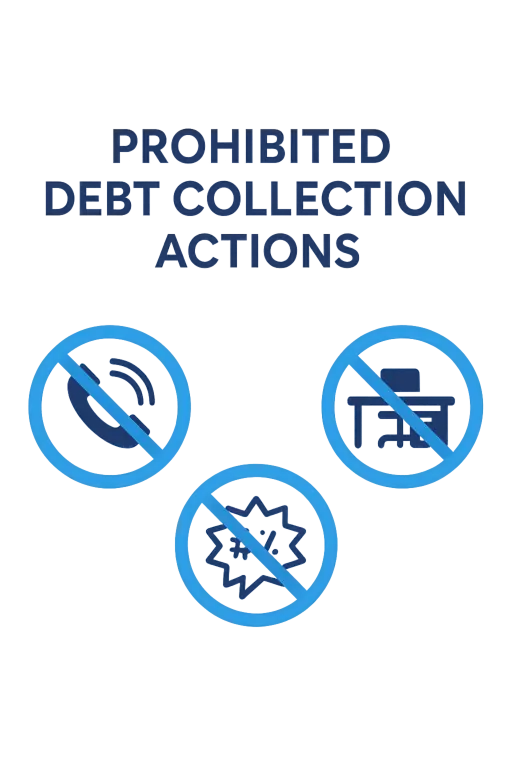End the Abuse. Understand Your Legal Protections.
Relentless phone calls, threats, and harassment from debt collectors aren’t just upsetting—they’re against the law. The Fair Debt Collection Practices Act (FDCPA) empowers you to take action.
American Legal Shield leverages this federal law to shut down abusive collection tactics and make violators answer for their actions.


